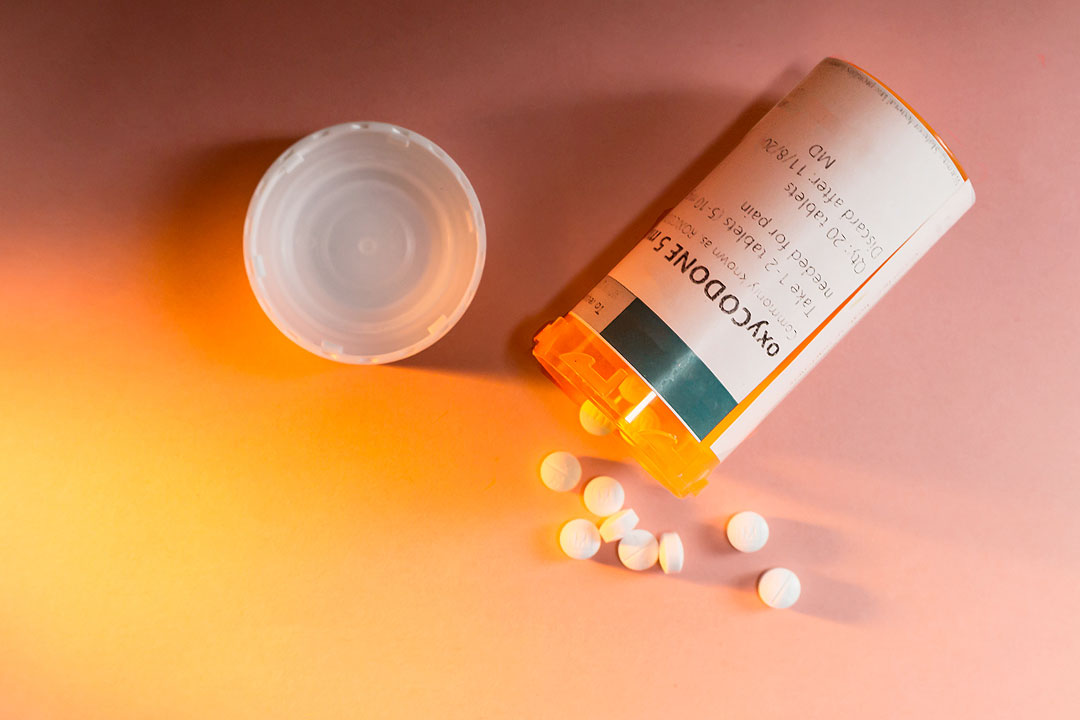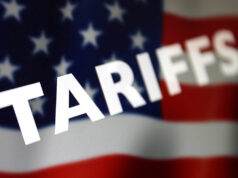Philippine patients unable to find opioid oxycodone

By Patricia B. Mirasol, Reporter
FILIPINO patients who deal with severe pain have found it difficult to buy oxycodone, a strong semi-synthetic opioid used medically to treat moderate to severe pain, because it has been out of stock in many local drugstores.
Oxycodone brand Oxycontin Neo in 10 mg, 20 mg and 40 mg doses have been out of stock since December. Oxynorm 5 mg hard capsules are also nowhere to be found.
Oxynorm 10 mg is available in select Mercury Drug store branches.
“The speculative arrival of new inventories has not yet been confirmed,” the drugstore said in a customer service e-mail dated March 6.
“Mercury Drug routinely communicates with Mundi Pharma Philippines about the availability of Oxycodone products in the country,” it said, referring to the distributor. “Rest assured that delivery to Mercury Drug branches will be prioritized once the stocks are available in our distribution center.”
BusinessWorld tried to contact Mundi Pharma Philippines eight times on their listed trunk line, but their phone just kept ringing.
Oxycodone is used to relieve pain severe enough to require opioid treatment and when other pain medicines did not work well enough or could not be tolerated, according to the Mayo Clinic website.
It belongs to the group of medicines called narcotic analgesics or pain medicines. Oxycodone acts on the central nervous system to relieve pain.
Minimizing medicine supply disruptions “centers on an environment conducive to innovation characterized by stable, predictable, sustainable and collaborative policies on access to medicines,” Teodoro B. Padilla, executive director of the Pharmaceutical and Healthcare Association of the Philippines (PHAP), said in an e-mail.
Only 13% of medicines introduced in 2012 to 2021 globally are available in the Philippines, he said.
Mr. Padilla said drug reviews by stringent regulatory authorities in other countries have made regulatory approvals by the local Food and Drug Administration faster.
“The government can expand more sustainable approaches such as pooled procurement, price negotiations, multi-year contracts, and partnerships,” the head of PHAP, which represents 40 member companies in the biopharmaceutical medicine and vaccine industry, said.
It could also leverage on the pharmaceutical industry’s nationwide supply chain to ensure that the right medicine reaches the right patient at the right place at the right time, he added.
“It is imperative that we strengthen our pharmaceutical planning, forecasting and inventory management through the use of technology to determine the volume of medicines needed by the Filipino people.”



